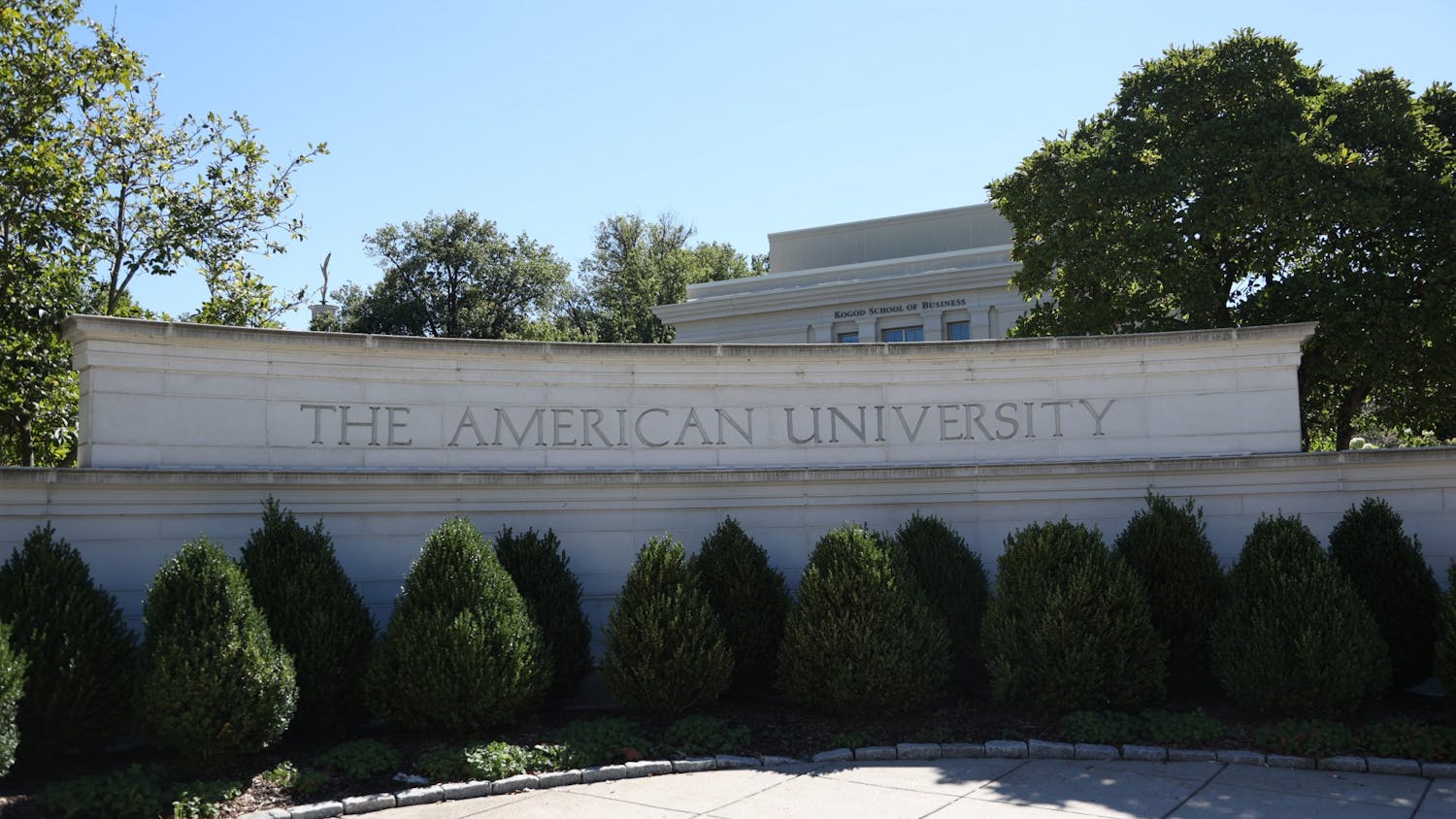The Eagle sat down for an exclusive interview with AU alumnus Abdul Rahman Al Rashed, general manager of one of the largest independent television news stations in the Middle East.
| JORDAN COUGHENOUR / THE EAGLE |
Al Rashed carefully separated Al Arabiya from Al Jazeera, another leading independent news outlet in the Middle East. Al Jazeera has often been criticized for its coverage of terrorist groups, especially for showing Al Qaeda footage from Osama bin Laden.
Al Rashed said if a 20-second film of bin Laden surfaces, Al Arabiya also seeks out the opposite point of view.
“We differ on how we conduct news, how we operate,” he said.
The tools news media use in the Middle East are the same tools the American media use, but income, professionalism and journalism restrictions differ between the two regions, Al Rashed said.
The news market is not fully developed in the region and does not yet generate enough income to spend on operations, Al Rashed said.
“I believe that independent media cannot be independent unless it is financially independent,” he said. “This really is an issue for all media all over the world.”
News in the two regions also differs in professionalism and regulations, he added. Media companies in the Middle East spend most of their money on equipment and salaries, not training, Al Rashed said.
Internews Vice President Nadia Al Alami, also an AU alumna who is traveling with Al Rashed during his stay in the District, said Internews is working to train and support local and independent media outlets.
“Local media and independent media would give a voice to the citizens that would make people aware of their rights and would make them perform better in a democratic environment,” Al Alami said.
Internews and Al Arabiya’s parent company, the Middle East Broadcasting Corporation, are attempting to open a media-training center in Dubai, Al Amali said. She and Al Rashed embarked on their journey to D.C. to try and recruit funders and donors for the project.
“We think the people we’ve met realize the need, they know there’s a need for a training center in the Middle East,” Al Alami said.
Training journalists is important since journalists, not just politicians or military generals, can change the world, Al Rashed said.
“Journalists really now [are the people] to change the world because they can reach out more than anybody else in any other profession,” he said. “This is why I think media is extremely important nowadays ... This is how you need to convince people to change, behavior to change, whatever in their life is going on and take a different direction. Only journalists can do that.”
To increase the number of independent outlets in the region, media laws must be relaxed, Al Rashed said. In some countries, the government does not offer licenses to journalists, and licenses are required to produce a newspaper, radio station or news station.
Al Arabiya continuously faces resistance from governments in the Middle East. The Iranian government closed the station’s Tehran office after the country’s elections in June and continues to “say bad things” about Al Arabiya, Al Rashed said. The Sudanese government also closed the country’s Al Arabiya office for a while before reopening it. Journalists were recently imprisoned in five or six countries and they are often kicked out of Middle-Eastern countries. An Afghani journalist for Al Arabiya recently died while reporting from Afghanistan.
But more than government impediments affect Al Arabiya’s news. While censorship is not a problem since there is no way of stopping television broadcasts, self-censorship is worse, Al Rashed said.
“You keep worrying about what’s going to happen to you later on, so you go too far actually in taking out what you think is not appropriate or what you’re afraid will be harmful later on,” he said.
Public perception of news in the Middle East and the United States also differ widely, he said.
“But remember, [in the Middle East] people watch news because news is not entertainment there; it’s a matter of importance,” Al Rashed said. “Here, news is entertainment, here you can do without it. But there, it’s for sure, you have to watch news. Just like the weather if you live in England.”
You can reach this staff writer at landerson@theeagleonline.com.




